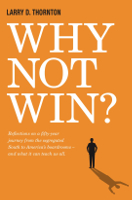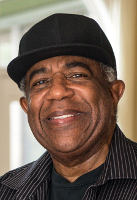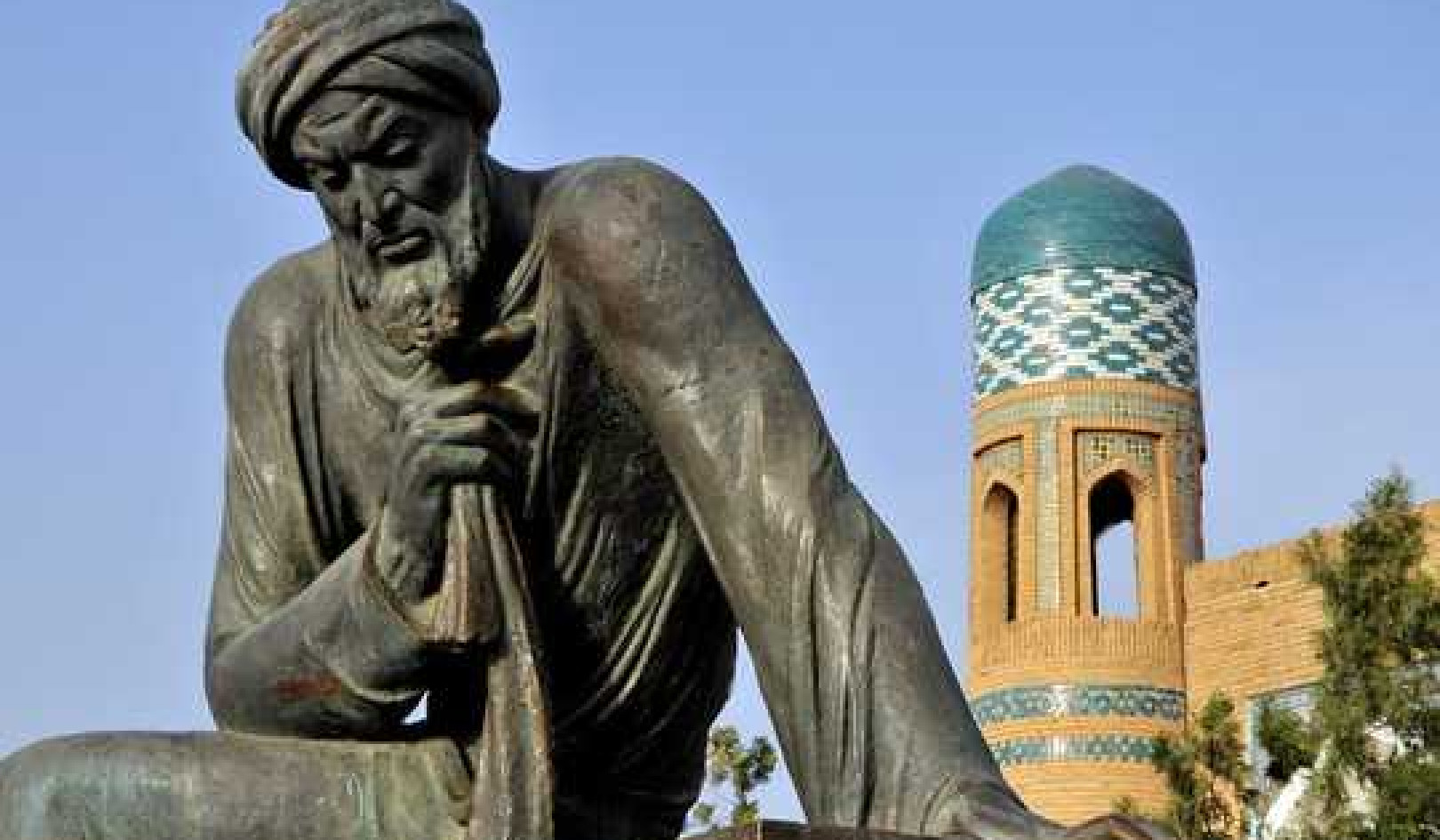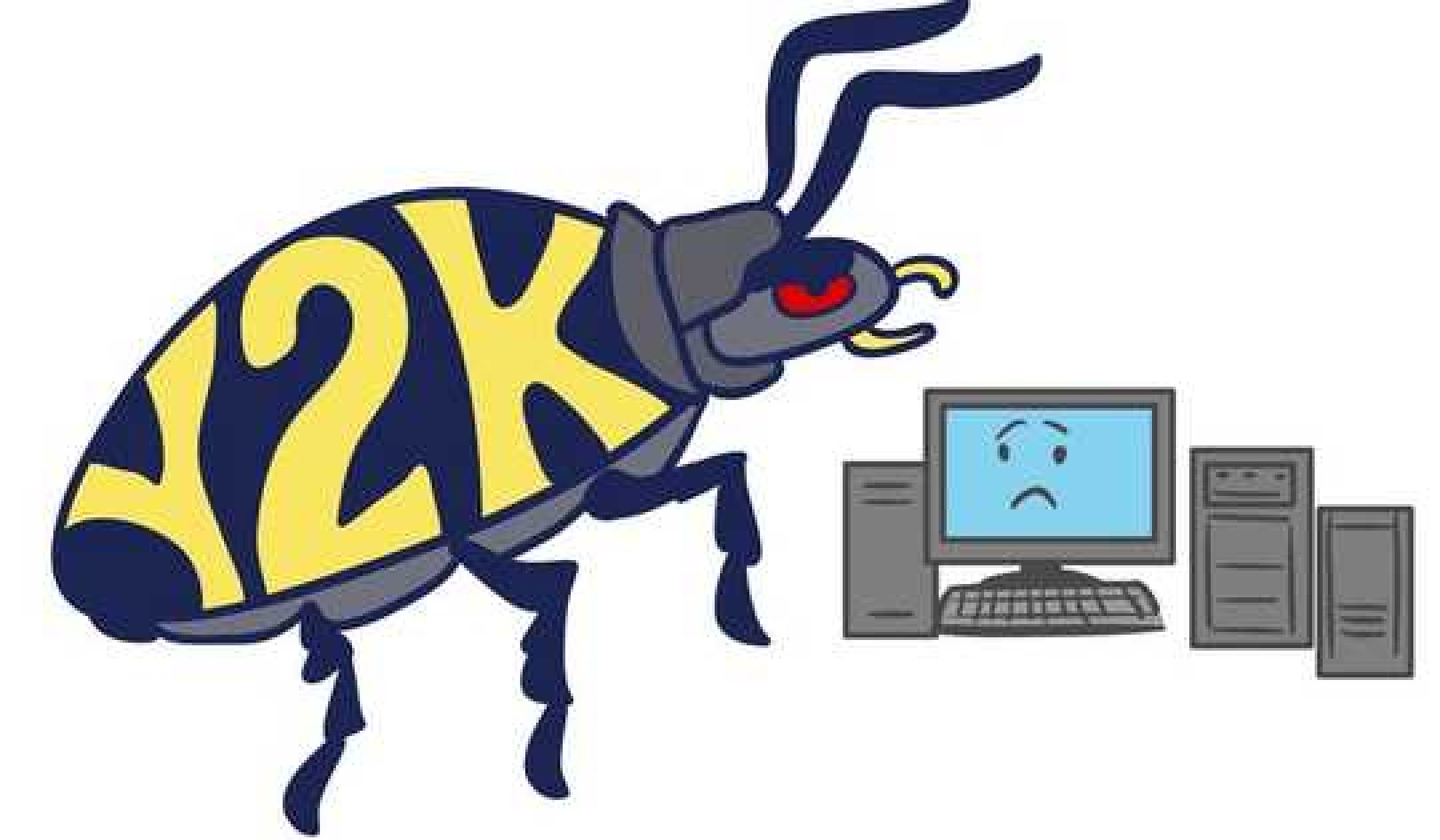
Image by Angela Bedürftig
A well-known saying asserts “Life is 10 percent what happens to you and 90 percent how you react to it.” Missing from this thought philosophy is the key point that your reactions affect others in profound ways.
Before I joined McDonald’s as a franchisee, I was an advertising manager for Coca-Cola United’s Birmingham office. One day in 1979, I walked into my office and noticed a small drawing on my memo board. It was a large tree with an outstretched limb. From the limb hung a rope that was tied around the neck of a silhouette of a man. His head was twisted to the side. There were three words beside the image: “Just a reminder.” As I realized what I was seeing, the blood drained from my head.
I was leading an all-white staff, but I never imagined that any of them harbored such hostility toward me. What I would say and do in response would determine how many of them would see me — and how they would see people who looked like me. My next move was critical.
A Reminder... and A Choice
I knew each of my employee’s styles, so I knew a man named Chris had drawn the ugly little sketch. I did not say a word, nor did I erase the image. On the third day, I surprised Chris when I asked him, “Chris, why would you illustrate something as hideous as that?” He tried to get himself together enough to come up with words of explanation. Of course, he had none.
Chris probably expected to get fired. Instead, I complimented him on his drawing technique, perspective, and dimension. Then I said, “The only problem, Chris, is that it’s too small. I want you to erase it and draw it bigger. Fill up the whole board. Maybe I do need to be reminded of that.”
Chris, of course, was flabbergasted and refused. “Chris, you can either draw it again or we can discuss it with the company president,” I said. In response, Chris gritted his teeth and grimly drew out the same image. This time, however, it spanned the entire board. When he was done, I let him leave my office. And I kept his drawing on the memo board for the rest of the day. And the day after that as well. In fact, I kept that drawing up there for nearly two weeks.
Every day, Chris had to pass by my office where his handiwork stood in evidence. And he was not the only one. Visitors to the shop would come by, clearly take notice of the drawing, and nevertheless depart without saying a word. The tension and the shame were clearly tearing Chris up inside. Finally, Chris came to me. He was nearly in tears. He pleaded that I allow him to erase it. He tried to explain the reasons for his action, telling me about a home in which his father had spewed racist rhetoric each night across the family’s dinner table.
A Choice... and A Change
Shortly thereafter, I allowed Chris to remove the drawing. He was very grateful. Soon after, his mother invited me and my wife to their family home for dinner. There were some awkward initial pleasantries, but Chris’s mother asked me to give thanks over dinner, and in the end, it was a perfectly fine evening. In fact, a friendship between our families budded and blossomed. Later, Chris’s mother hand-stitched a christening outfit for my newborn son, Dale, and Chris’s father even hand-carved a beautiful wooden crib for him.
When I think back on my experience with Chris and his family, I marvel at how an entire family was saved from themselves. After that encounter, it would be nearly impossible for them to see African Americans as they did before.
A Change... and Lessons Learned
I learned important lessons from this incident, including:
Go out of your way for the better good of a situation.
Firing Chris would have felt good at the moment, but we both would have missed opportunities for personal growth. People who observed how I reacted to the drawing grew in their perceptions as well. By pausing to think through my response rather than just react in the moment, I was able to find a solution that ultimately benefited Chris, his family, me, and others.
Our actions reflect the significance or insignificance of our words.
How many of us embrace notions such as “turn the other cheek” conceptually, but act with anger when attacked or offended? Our deeds must align with what we say. After the incident, a clergyman admonished me for not firing Chris. I was surprised by his disappointment given that I had turned the other cheek. I had simply tried to practice what he preached.
Efforts to make the world better are far more fruitful than efforts to get even.
The notion of getting even is deceptive because we don’t actually “get even,” but instead everybody loses. In contrast, rising above hate benefits us all. I still see Chris occasionally. He makes it clear that he’s a changed person. That could only happen because I took a constructive approach to his hateful drawing.
Copyright ©2023. All Rights Reserved.
Book by this Author: Why Not Win?
Why Not Win?: Reflections on a Fifty-Year Journey from the Segregated South to America’s board rooms – and what it can teach us all
by Larry D. Thornton.
 This book is a front-row seat to how one man altered his thinking to transform his life. The book begins with Larry Thornton growing up with brown skin in the 1960s in segregated Montgomery, Alabama. A desegregation school pioneer, Larry was a classroom failure until a perceptive English teacher showed him he had value and encouraged him to go to college.
This book is a front-row seat to how one man altered his thinking to transform his life. The book begins with Larry Thornton growing up with brown skin in the 1960s in segregated Montgomery, Alabama. A desegregation school pioneer, Larry was a classroom failure until a perceptive English teacher showed him he had value and encouraged him to go to college.
Larry's journey from Madison Park, Montgomery, has been a long one. Why Not Win? reflects on his most useful lessons and the anecdotes associated with them. If he were a Zen monk, his koan might well be: “Plan your past.” By that he means, think ahead one day, one week, one year, even twenty years out, and decide today your desired outcome, and work for it. “Thank God for memories,” he says; “Let’s plan to make them pleasant ones.”
Click here for more info and/or to order this hardcover book. Also available as a Kindle edition.
About the Author
 Larry Thornton is an artist, entrepreneur, and servant leader. Growing up in segregated Montgomery, Alabama, he worked his way from sign painter to advertising manager at Coca-Cola Birmingham, and became the first African American to open a McDonald’s franchise in Birmingham, Alabama. He eventually opened multiple stores and created Thornton Enterprises, Inc. His book, Why Not Win? A Reflection on a 50-year Journey from the Segregated South to America’s Boardrooms — And What it Teaches Us All (NewSouth Books, April 1, 2019), serves as inspiration for people from all walks of life. Larry founded the Why Not Win Institute to make leadership development accessible. All book sales profit goes to support the institute’s mission.
Larry Thornton is an artist, entrepreneur, and servant leader. Growing up in segregated Montgomery, Alabama, he worked his way from sign painter to advertising manager at Coca-Cola Birmingham, and became the first African American to open a McDonald’s franchise in Birmingham, Alabama. He eventually opened multiple stores and created Thornton Enterprises, Inc. His book, Why Not Win? A Reflection on a 50-year Journey from the Segregated South to America’s Boardrooms — And What it Teaches Us All (NewSouth Books, April 1, 2019), serves as inspiration for people from all walks of life. Larry founded the Why Not Win Institute to make leadership development accessible. All book sales profit goes to support the institute’s mission.
Learn more at larrythornton.com.


























